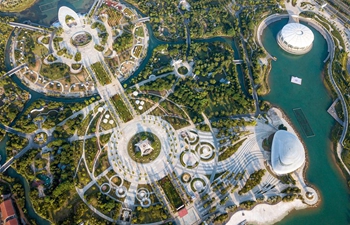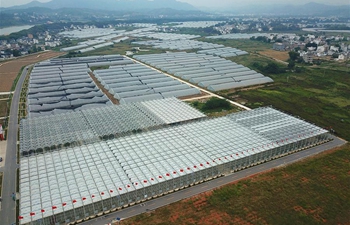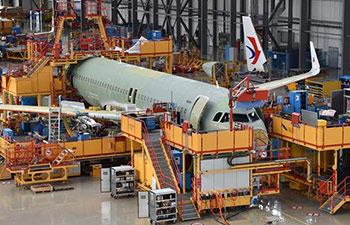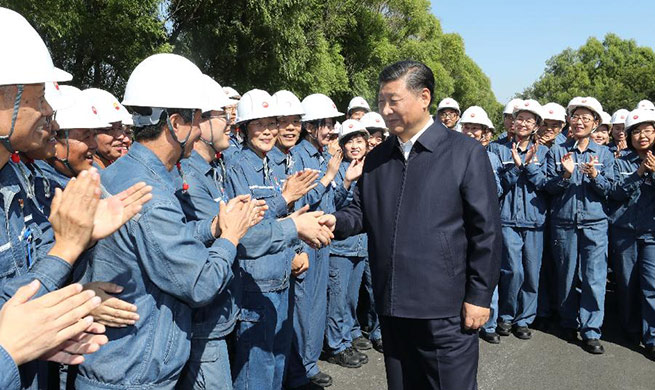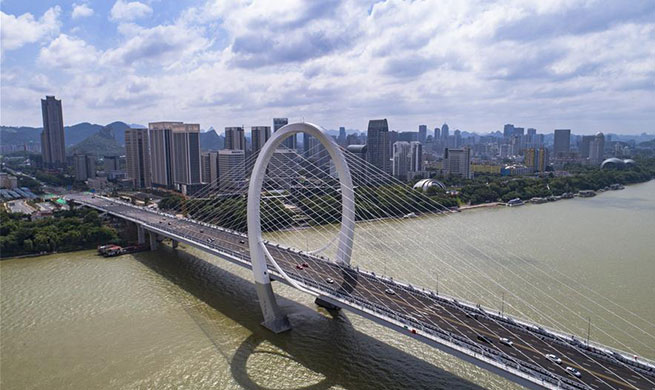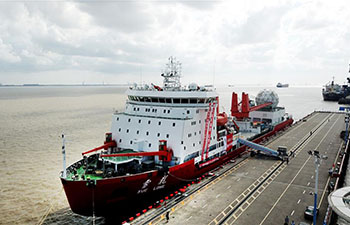MADRID, Sept. 27 (Xinhua) -- China is a key force for multilateralism and globalization despite rising unilateralism in the world, according to one China expert.
In a recent interview with Xinhua, Marcelo Munoz said globalization is a fact of the modern world and "unstoppable" in the 21st century, adding that China has become a force for globalization.
Munoz, whose work has focused on introducing Spanish companies to China, has visited the country on several occasions since his first trip in 1978. His knowledge about China is reflected in his books "30 years observing China," "China 2050 and its challenges" and the soon-to-be-published "China in the 21st century."
He looked back to 1978 when China began to open its door to the world.
"From that moment, China began to appear in the world as an importer and an exporting force," said Munoz.
China is now the world's largest exporter and second largest importer. It is expected to overtake the United States to become the world's largest importer within five years, according to a report released by China International Capital Corporation.
Munoz told Xinhua that China's economic expansion since 1978 has taken it back to a situation it enjoyed prior to the second half of the 19th century.
Until the 1840s, Mr Munoz explained, China actually exported more than Western powers, which nevertheless destroyed China's position in the notorious "Opium Wars" (1840-42 and 1856-60) and opened the doors for their own growth during the industrial revolution.
China's recovery from those terrible events and growth over the past 40 years is reflected in enormous changes "in the way people live, dress, in houses and streets," and domestically the country continues to prepare for the future, Munoz said.
More than 40 percent of China's high school graduates are admitted to colleges, Chinese official data showed. Such an educated and skilled workforce allows China to easily advance in key technologies and is "laying the foundations of development based on knowledge," Munoz said.
And China continues to work to expand world trade with projects such as the Belt and Road Initiative, he said.
Proposed by China in 2013, the initiative refers to the Silk Road Economic Belt and the 21st Century Maritime Silk Road, which are aimed at building a trade and infrastructure network connecting Asia with Europe and Africa along the ancient trade routes of the Silk Road on land and at sea.
In contrast to the isolationism that Washington promotes, China continues to promote multilateralism, said Munoz, who also used the recent summit of the Forum on China-Africa Cooperation held in Beijing to illustrate his point.
"We can see the international networks that China is developing in Asia, Europe, Africa, Latin America and all over the world," he said.





